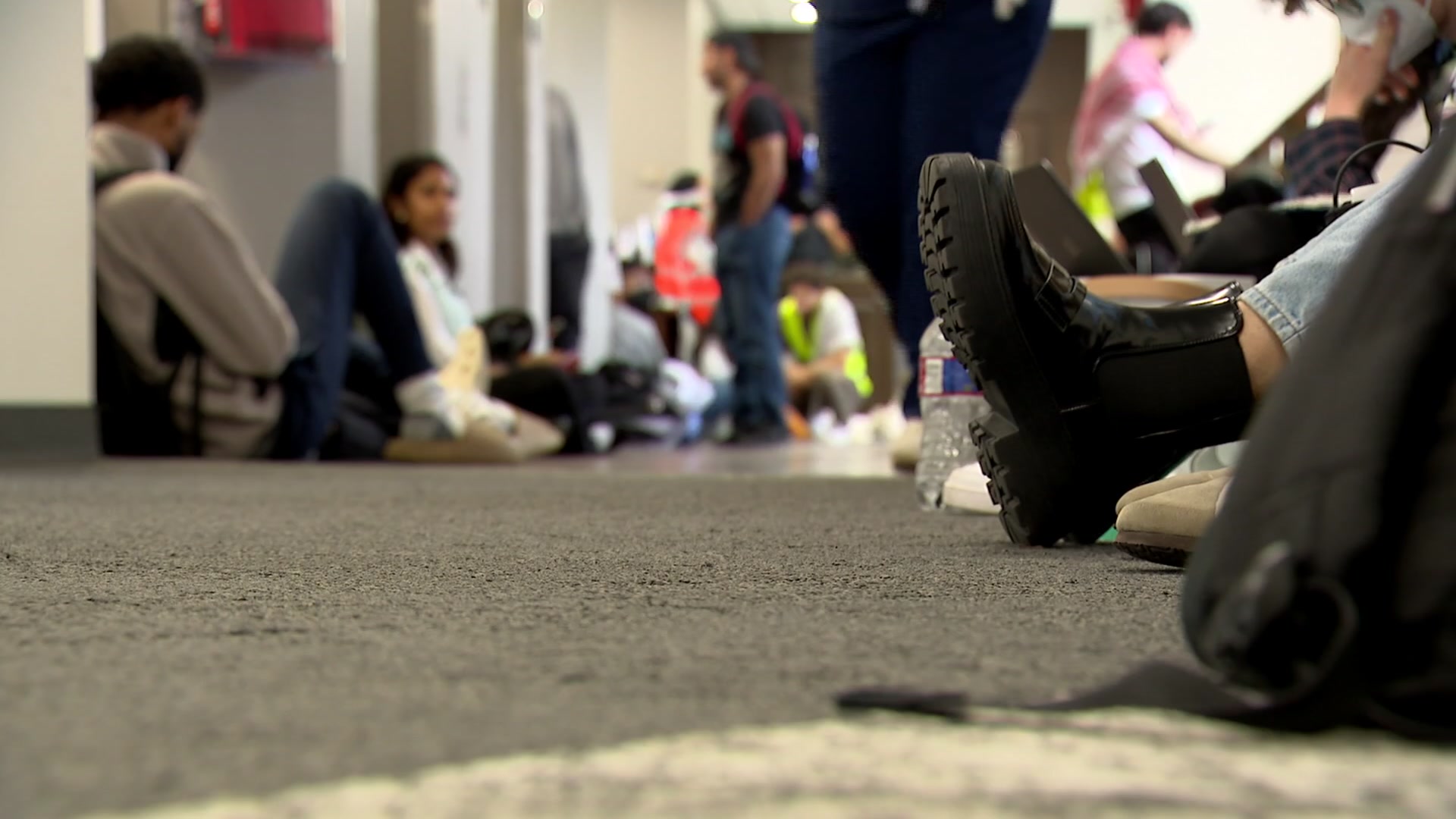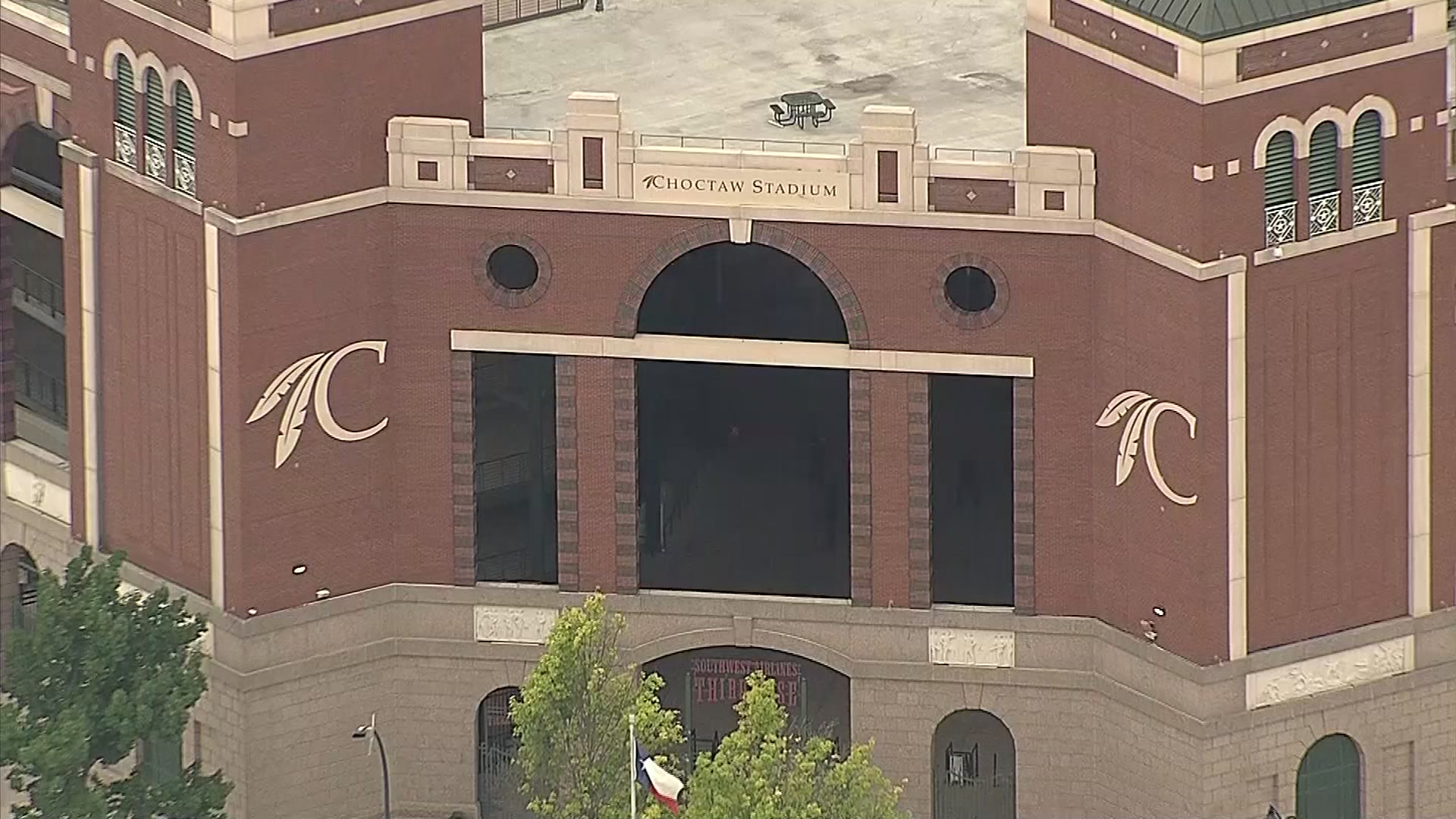The price of residential solar panels has dropped almost 50 percent in the past seven years, and there’s pressure from salespeople to get you to go solar before federal rebates expire at the end of 2016. But Consumer Reports says there’s a lot to consider before you sign up.
Solar panels can be a big commitment. You want to be sure that they will work on your roof; not every house is a good candidate. Make sure your roof will get enough direct sun. Panels are usually installed on the south side of a roof and shouldn’t be shaded by chimneys, trees, or anything else above the roofline.
Next, know your roof’s age. Solar panels can last about 25 years, so if you think you might need a new roof during that time, make sure the cost of removing and reinstalling them is specified in the contract.
Then decide whether you want to buy or lease your solar panels. It may initially be cheaper to lease, but you’ll probably pay more over the life of a typical 20-year contract. If you can afford to pay for the panels outright, it will probably cost about $15,000 to $21,000 or more. But they will pay for themselves in five to 10 years, and then you’ll get free electricity for as long as they last.
Some other things to consider: Some solar installations may void the warranty on your roof, and in some towns they may increase your property taxes.
Also, check your homeowners insurance policy to see whether you’ll be covered in the event the panels are damaged by a storm. And always have your panels installed by licensed installer. It’s a very big decision, it’s a big investment, and the panels are going to be on your house for a very long time.
You can compare leasing vs. buying here. At that website, you can also compare quotes from local licensed solar-panel installers in an area.
Local
The latest news from around North Texas.
Complete Ratings and recommendations on all kinds of products, including appliances, cars and trucks, and electronic gear, are available on Consumer Reports’ website.



